Everybody has their favourite TV detective. And in many cases, everybody has their favourite version of their favourite TV detective. This list started out as a top 5. Then 5 more of equal merit snooped their way in. Then another 5 after that. Did your favourite make our extended cut?
David Suchet’s Hercule Poirot
Plenty of great actors have played Poirot, Agatha Christie’s most popular detective. But few have embodied so many moods of him, because they haven’t had the chance to run through the whole canon, and in some cases, they wouldn’t have had the skill. Suchet’s Poirot captures every aspect of the character from the books – the twinkle, the shudder, the towering rages at injustice, the monumental brain, the impeccable sense of order and method, the slightly ludicrous touches, and the ability to find the ludicrous touches in others, whether they welcome his observations or not. Combine all that with a painstaking physical performance and an absolutely right egg-shaped head, and Suchet’s time as Poirot captures all the reasons people love the character and the books and translates them to a visual medium. Merci, Monsieur!
Jeremy Brett’s Sherlock Holmes
In the same way as Suchet’s Poirot is definitive by a combination of the full canon being recorded, and an extraordinary central performance, AND enormous attention to period detail selling the stories, we commend Jeremy Brett’s Sherlock Holmes to your attention.
Sadly, only a handful of heartbeats short of the full canon, Brett died. But as with Suchet, he understood he had found a role he was practically born to play, and he embodied the quixotic, often difficult, but never less than brilliant Holmes in a way of which traditionalists can only approve.
His stories were often fearfully truncated to fit into the time available on ITV, but you only occasionally notice that, because Brett’s performance is utterly mesmerising.
Joan Hickson’s Miss Marple
We’ll stop doing this in a minute, we promise, but again, there have been many Marples. What people rarely understand is that Jane Marple is a harder character to play properly than most actors ever show. As with Poirot, Jane Marple walks a fine line between being ridiculous – the batty old chatterbox in her straw hat and cardigan – and having a mind like a steel trap and a better understanding of human darkness than the world allows her.
That’s a combination that’s rarely captured, but Joan Hickson seemed to deliver it with effortless poise. A tilt of the head here, a tiny smile there, a penetrating gaze of her ice-blue eyes, and Joan Hickson could go from chatterbox to criminal genius in the snap of a finger. That’s the definition of why Miss Marple still sells books today, and Joan Hickson had it going on in spades.
Peter Falk’s Columbo
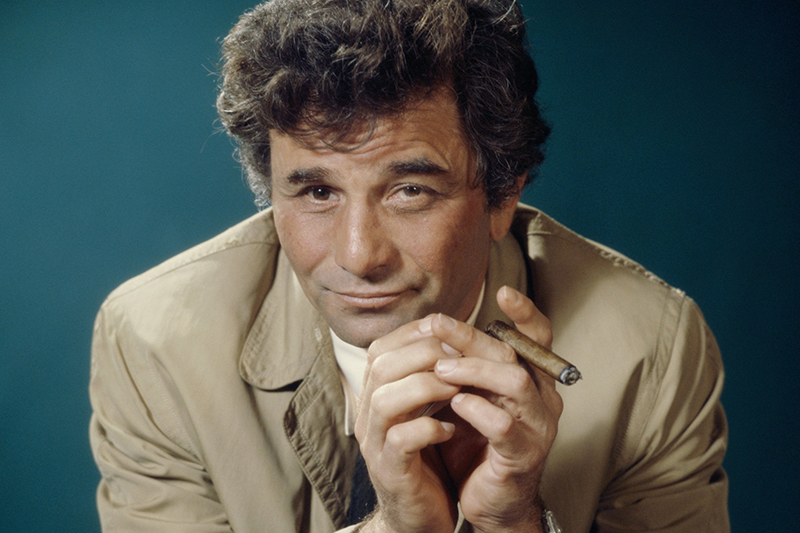
Columbo of course is the master of the shaggy dog story and the “Oh, one more thing…” school of investigation, and that’s harder to pull off than it might seem.
Peter Falk as Columbo creates an entirely non-threatening air around himself – he’s everyone’s friend, he learns interesting and valuable things from everyone he meets. And then, even though you know it’s coming, he lets the logic gate swing gently closed behind the person he’s worked out is guilty, and you smile every time.
It’s a performance like the perfect golf swing, the perfectly timed joke that breaks the room. It’s much harder to do convincingly than all the memes make it seem, and Peter Falk made Columbo the everyman who really wasn’t, the deductive genius with the easygoing manner. It’s hypnotic TV, and it’s never an hour wasted.
Idris Elba’s John Luther
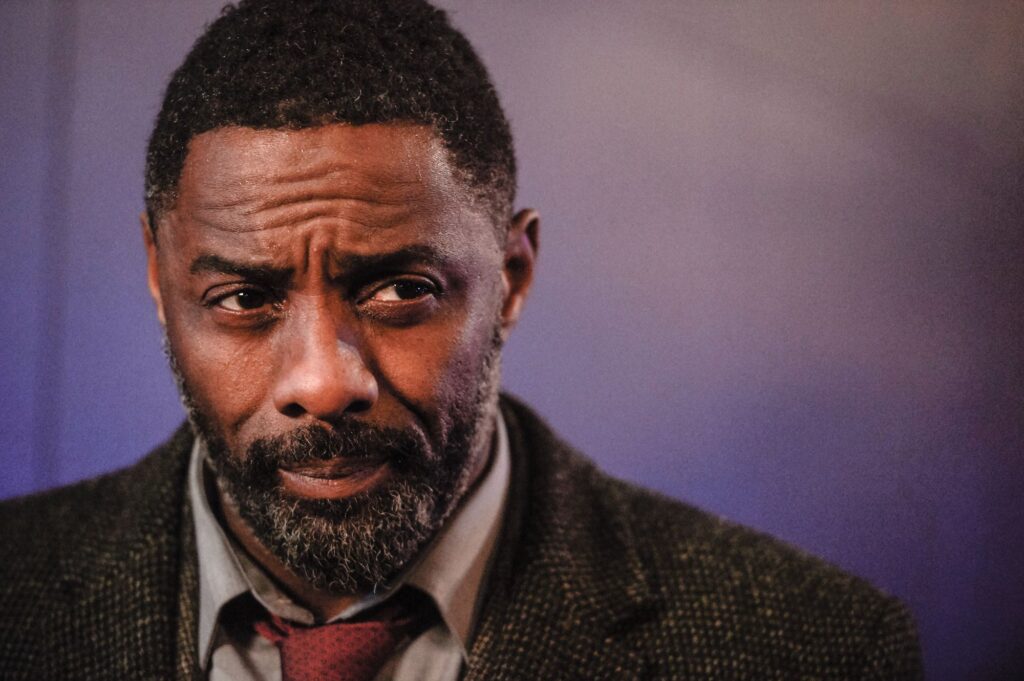
Practically the opposite of Columbo, Luther brings a gritty reality to a slightly outlandish storyline of ongoing flirtation-antagonism between a detective and a psychopath in modern-day policing.
Elba in other circumstances often struggles to punch a believable characterization through the goodness of his looks, but in Luther, you get a handle on him early, and he delivers plenty of layering to make you root for him as a detective, while still acknowledging how difficult it would actually be to live anywhere near his orbit.
Exhausting but compelling, Luther breaks the mould of “ordinary” policework dramas, showing an extraordinary brain as it would probably function in the modern policing environment.
William Peterson’s Gill Grissom
Father of a thousand variants, William Peterson’s Gill Grissom is among the reasons why CSI took off and became the phenomenon it is – as well as spawning several similar shows that delivered the same formula with twists of their own, like NCIS.
Grissom’s never exactly too tough, he’s more insistent always on the thoroughness of procedure, the peculiarity of the process of forensic detection. But he always leavens that thoroughness with some quirky Sherlock factors – a fridge full of maggots and pig’s blood, anyone?
There are layers to Peterson’s portrayal that make Grissom endlessly watchable, wherever in the shows’ history you happen to find yourself, and he guarantees not only that you’ll watch him from the start of the episode to the end, but that you’ll find yourself wanting to binge more whenever you can.
Telly Savalas’ Theo Kojak
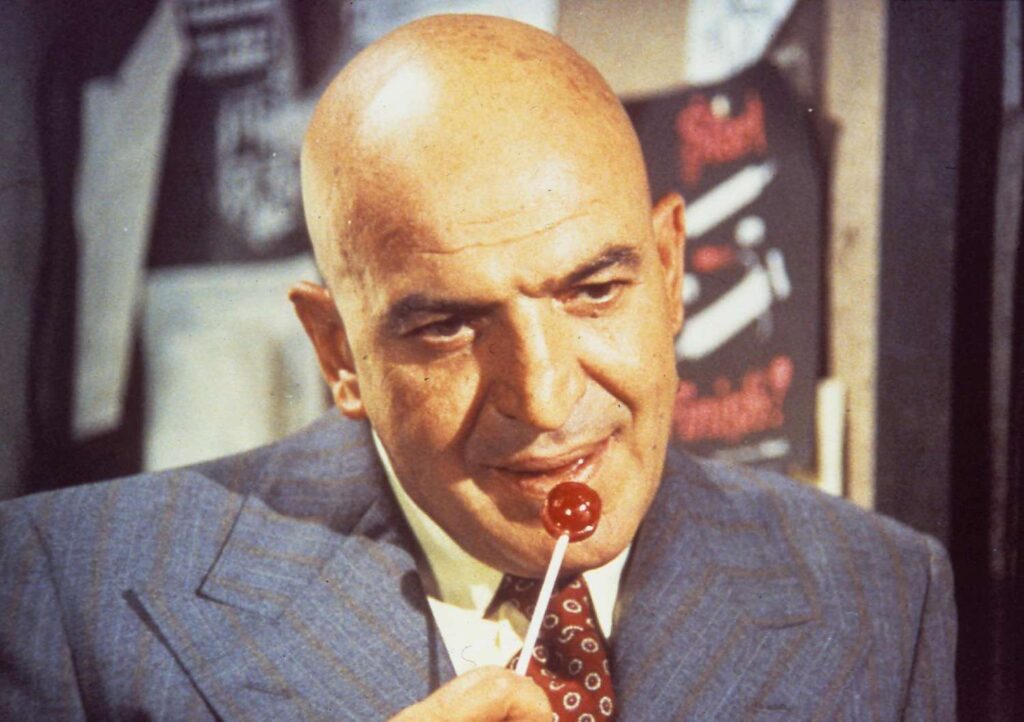
Theo Kojak may, from where we live, look like a Seventies cliché, but he’s actually so much better than that. A Greek American detective in Seventies New York, he has grit, wit, a lollipop, a catchphrase, and above all, he has style.
Kojak is the cool version of Starsky and Hutch’s slightly white-bread combination. In some senses a cooler, American version of Idris Elba’s later Luther, Savalas made ordinary policework feel special, elevated by Kojak’s instincts for truth and justice, if balanced by his very Seventies approach to “squad room humour” and rule-bending.
Of all the Seventies tecs – and there are many – Kojak is one of the most rewatchable, largely due to Savalas’ on-screen presence.
Tony Shaloub’s Adrian Monk
A lot is often made of the mental health of great detectives – Sherlock Holmes has been re-interpreted as a high-functioning sociopath as well as a genius, Hercule Poirot’s requirement for order and method has had him pegged as having Obsessive Compulsive Disorder.
Adrian Monk was among the first popular TV detectives to highlight his mental health alongside his brilliant diagnostic criminology. Like Holmes, he’s a consulting detective, but in Monk’s case, that’s because he has OCD and a whole range of phobias, a constantly heightened awareness of potential peril helping him see through the untidy world to what is true.
In many other hands, this combination of foregrounded mental health linked to brilliance could have been – and subsequently has been – poorly handled, helping feed the notion of mental health issues as a kind of superpower.
But Tony Shaloub brings a combination of humour and mercurial brilliance to his portrayal, to ensure that while he’s frequently exhausting, the audience always knows whose side they’re on – and that they’re on Monk’s.
Sharon Gless’ Christine Cagney and Tyne Daly’s Mary Beth Lacey
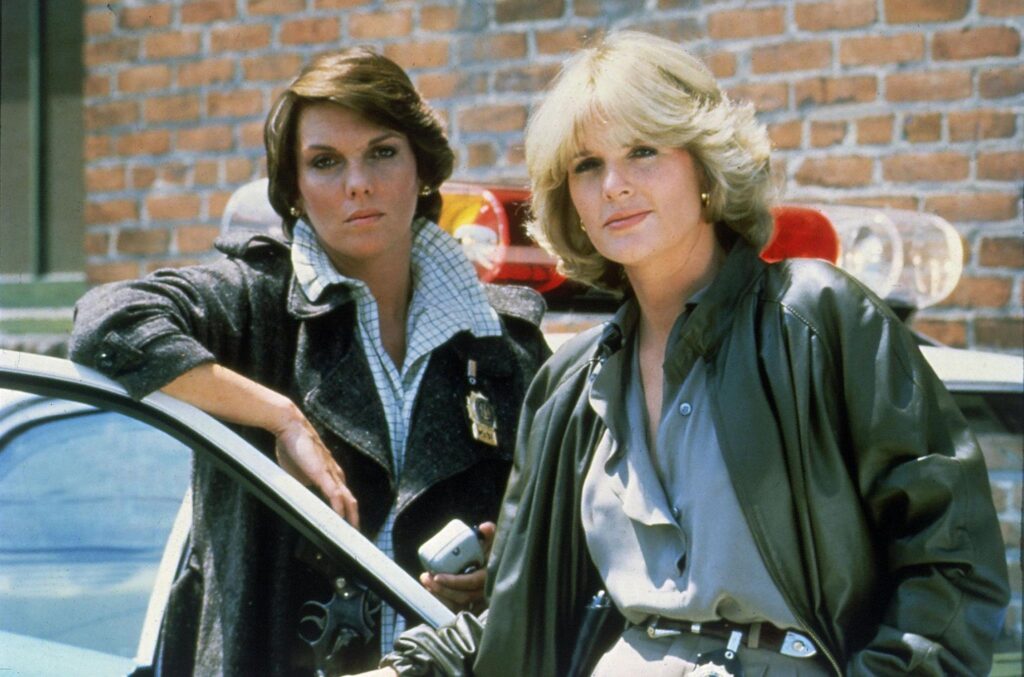
In the first instance, representation matters. Just as with Theo Kojak and John Luther, who each broke the mould of what TV detectives could look like, Cagney and Lacey brought women into the working detective game, showing not only that women could solve crimes without being hand-chosen bombshells with special ninja skills (we’re looking at you, Charlie’s Angels), but that they also faced sexism and discrimination at work, and additional burdens, either keeping homes together or trying to find meaningful connections outside the office.
Christine and Mary Beth were also among the first to portray realistic female friendships in a “traditionally” male environment. Plus, Gless and Daly were both nuanced performers, who could land the drama and the comedy of life in Cagney and Lacey’s situations expertly. They delivered must-watch episodic TV, even if the cases they cracked tended to be on the “ordinary” end of the spectrum.
Nicole Jaffe’s Velma Dinkley
Bite us. Velma Dinkley is the true detective of Mystery Inc, and usually the gang would be nothing without their resident auburn-haired genius.
Originally voiced by Nicole Jaffe, Velma set the tone for a generation of not only smart women investigators (having a much broader audience than Nancy Drew), but also of sarcastic geeky people in glasses, who might not be as cool as the “pretty people” – Fred and Daphne – or as slacker chic as Shaggy and Scooby, but could still find a place in either world by their book-smarts and their smart mouth.
Willow Rosenberg in Buffy? More or less the live-action Velma before there was a live-action Velma, and the original will always provoke a nostalgic thrill as she works out clues that have everybody else stumped.
Angela Lansbury’s Jessica Fletcher
From a clever young girl, let’s turn to a clever older woman. Angela Lansbury’s Jessica Fletcher in Murder, She Wrote is more or less what Miss Marple would have been if she’d grown up in America several decades after Jane Marple’s time.
It’s peculiarly true that Lansbury played Marple in a movie version of The Mirror Crack’d From Side To Side – and was due to have reprised the role in several follow-up films.
But for some reason, The Mirror Crack’d wasn’t the hit that had been anticipated. If it had been, the rights to film Miss Marple stories would not have been available when Joan Hickson was available to play the role – and Lansbury would never have given us the canny crime novelist who is something of a murder magnet in her own right.
Fletcher’s quite switched-on and social, understanding the depths of human feeling, like Marple before her. But she’s free to be relatively modern, and doesn’t especially cloak her genius behind knitting and a cardigan – the world knows she’s got a devilish way with twisted plots, so Jessica Fletcher has the empathetic intellect of a Miss Marple, mixed with the crime novelist cache of Agatha Christie’s more laughable figure, Ariadne Oliver (largely a pastiche on Christie herself).
The result is a detective in Columbo’s league, and with a similar methodology, but with a unique and necessarily hard-edged twinkle.
Alan Davies’ Jonathan Creek
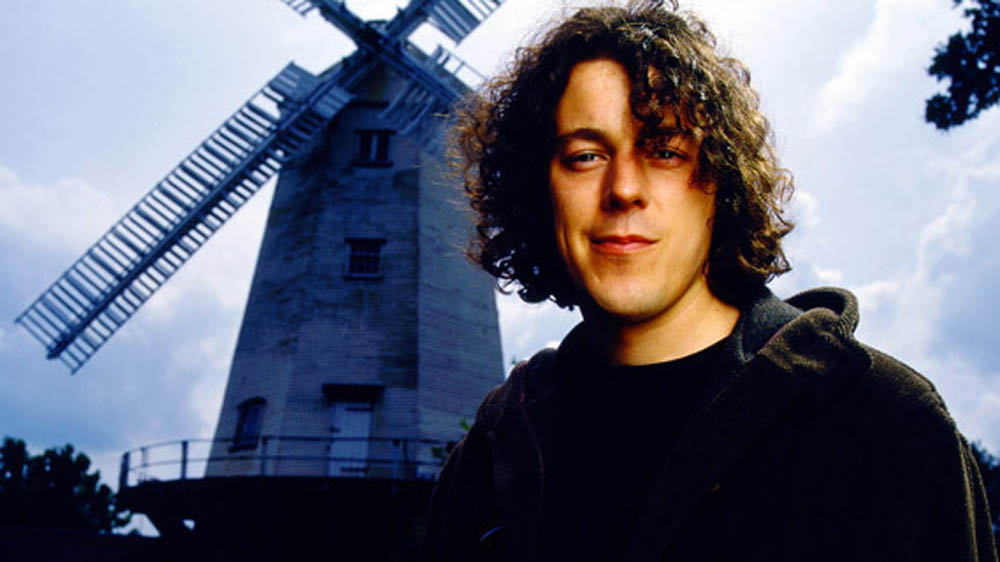
If we’re honest, giving this accolade to just Creek feels unfair, particularly to Caroline Quentin’s Maddy Magellan, who is an investigative journalist by trade – and a thoroughly believable one.
But as it’s Creek’s unique puzzle-solving mind that anchors the story, step forward, o geeky git in a duffel coat, with your windmill house and your sideways “Hmm.”
The joy about Jonathan Creek is partly the impeccable scriptwriting by David Renwick, partly the fundamental unlikelihood of Alan Davies being a crime-solving genius, and partly the connection between Creek and his audience – many of whom are geekish to the core of their souls.
Creek is a detective whose gift is that he looks at things from a deconstructed point of view – which, not for nothing, often makes him appeal to ADHD people and people on the autism spectrum, because his way of looking at the world feels very familiar.
His making of exact models of room setups shows that way of looking at the reality beyond appearances, so when Creek says “I’ve looked at it from every angle, and this is the only thing that makes sense” – a modernization of Holmes’ view about eliminating the impossible – you know he knows what he’s talking about.
Add to that a low-key delivery style and a frequent lack of understanding of the danger he’s actually in, and what you have is an adorable, always-watchable detective, with just enough quirks to make him work.
Helen Mirren’s Jane Tennison
As Cagney and Lacey did for women detectives on an ordinary force in the US in the Eighties, so Helen Mirren as DCI Jane Tennison did for women on an ordinary force in the UK throughout the Nineties and into the 2000s.
Significantly harder in tone and take on the sexism prevalent in the UK police force than Cagney and Lacey ever really got, creator and writer Lynda La Plante absolutely nailed modern issues to the wall in Prime Suspect, while never forgetting to make her characters real people or to tell gripping crime drama stories along the way.
Helen Mirren these days is a dame, and her addition to a cast is more or less a guarantee of quality. But Jane Tennison is Helen Mirren when she’d punch every scene in the throat to get it right, and to make an impact across the range of emotions.
A modern re-watch takes some time to turn into, because it’s Helen Mirren, but it’s Helen Mirren delivering a naturalistic human being in an intensely frustrating situation, and making it into TV gold.
Want to know how you become a dame and a national treasure? You do work like making Jane Tennison must-watch viewing throughout a decade and a half.
Robbie Coltrane’s Edward “Fitz” Fitzgerald
As with Creek, so with Cracker, the real detectives in the piece are all properly written, strong, believable human beings in their own right, from Christopher Eccleston’s David Bilborough, to Ricky Tomlinson as Charlie Wise, via Geraldine Somerville as Jane Penhaligon, and even Lorcan Cranitch’s believably repulsive Jimmy Beck. These were coppers in the strong tradition of Prime Suspect, and they anchored the reality of writer Jimmy McGovern’s crime drama in the contemporary reality of the show.
But as with Creek, the central draw was the comedian holding down a central dramatic role – in this case, Robbie Coltrane as Fitz, the criminal psychologist who could profile dangerous people from the nature of their crimes, and so help police catch them faster, and break them into confessions when they were caught.
Leaning heavily on a realistic modernized version of Sherlock Holmes’ “bored-brain” sentiment, Fitz was a chain-smoking, heavy-drinking, gambling addict when he wasn’t actively chasing the endorphins of profiling killers, but where Conan Doyle always had Watson come down on the side of his friend’s impeccable useful genius, McGovern really pushed the envelope on just how much heinous behaviour a necessary genius can be allowed to get away with because they may just possibly save lives.
Match that with writing that turned Fitz into a sarcastic, acidic know-it-all, and a performance from Coltrane that you could practically smell through the screen, and Cracker, while never in any sense an easy watch, was utterly compelling TV throughout its run.
Derek Jacobi’s Brother Cadfael
There will be plenty of people thinking all sorts of people were robbed by not getting into this list, including John Thaw as Inspector Morse and Nicola Walker as Cassie Stuart in Unforgotten. All objections are probably valid, but we went for Derek Jacobi as Brother Cadfael to round out our list.
Inspired by the ground-breaking Ellis Peters novels that more or less created the sub-genre of historical crime novels, Cadfael unfortunately didn’t complete its canon, and suffered from a revolving door of actors in the main supporting role of Sheriff Hugh Beringar (four in four seasons!).
But in the central role of a canny Welsh Benedictine monk who’d seen enough of the world to cut through criminal intent and political flim-flam, Derek Jacobi was unstoppably magnetic on screen. While ultimately, the show as a whole ends up being less than the books that gave it life, for Jacobi’s central performance, it ranks higher as a top TV detective show for us than the likes of Morse.
Right? Wrong? Criminally unmentioned portrayals you’d put in your list? Let us know what you think.

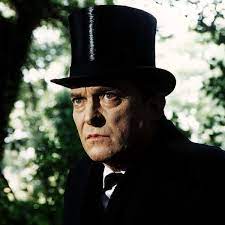
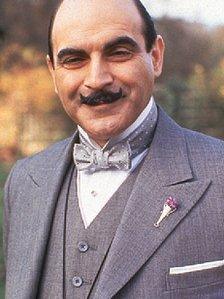

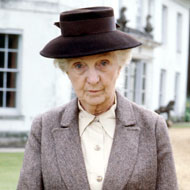
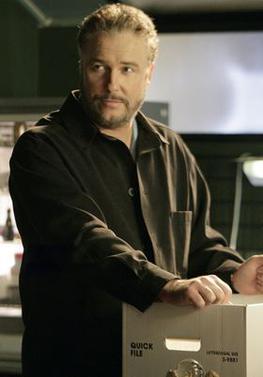
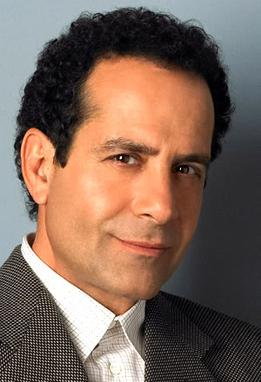
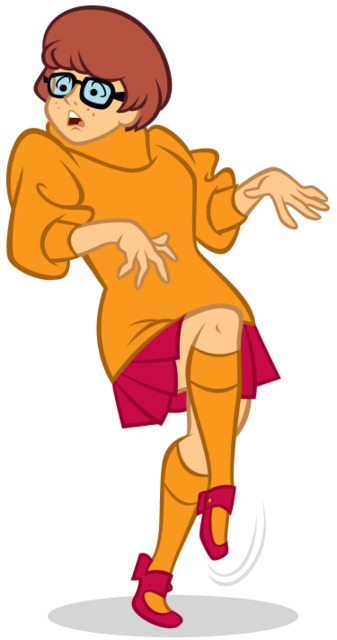
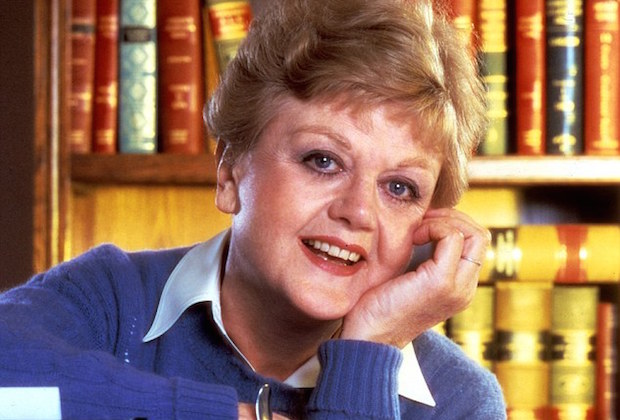
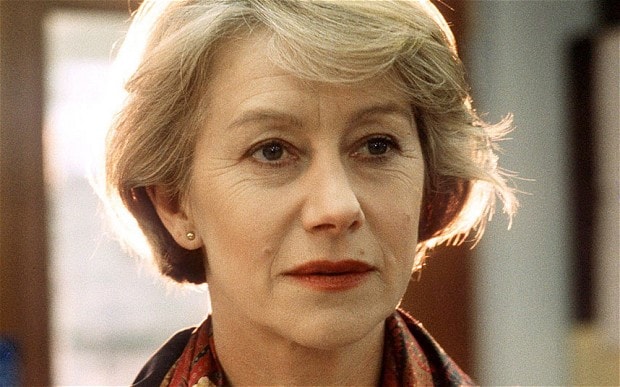
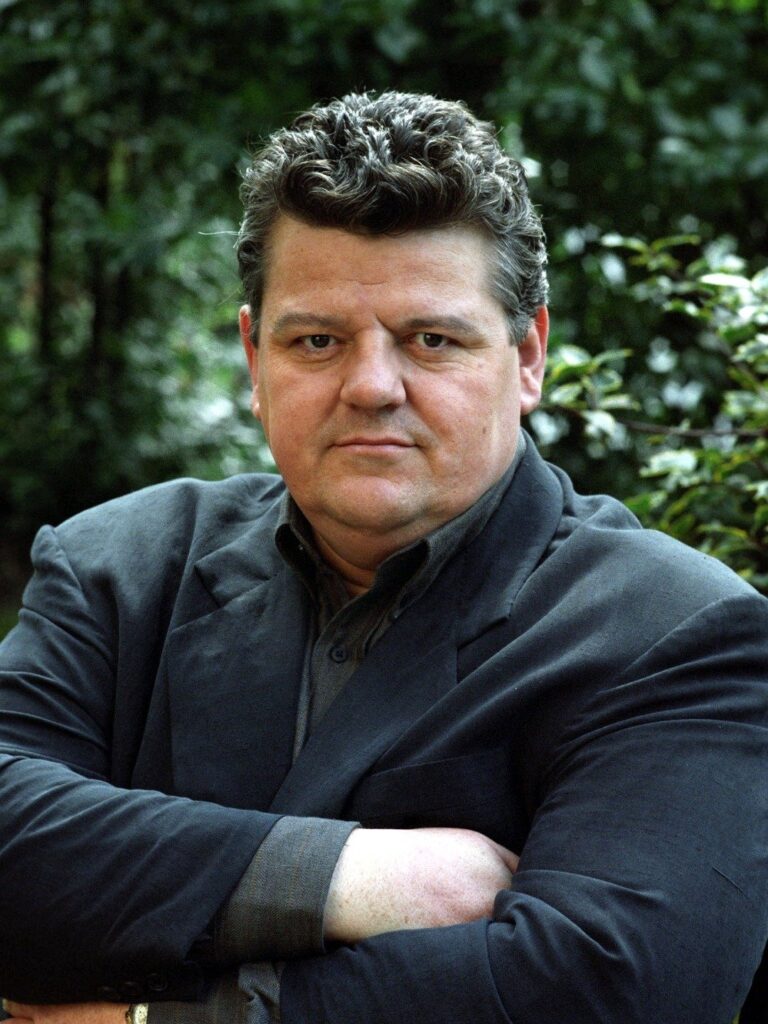
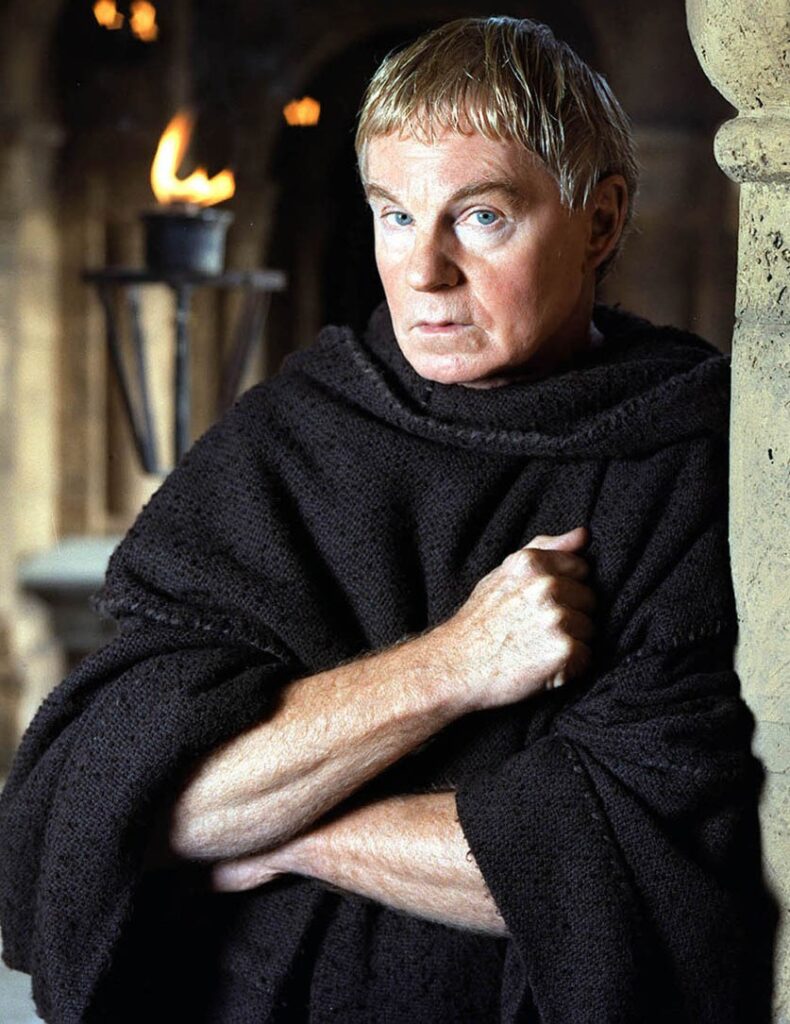

Be the first to comment on "The Top 15 TV Detectives"